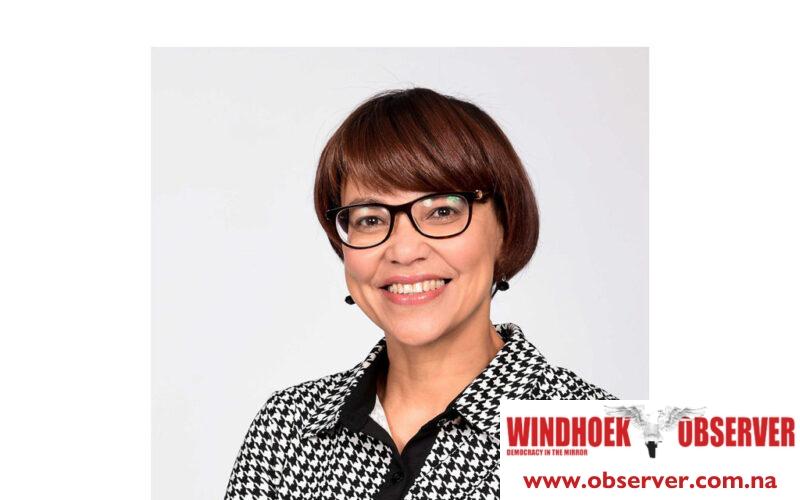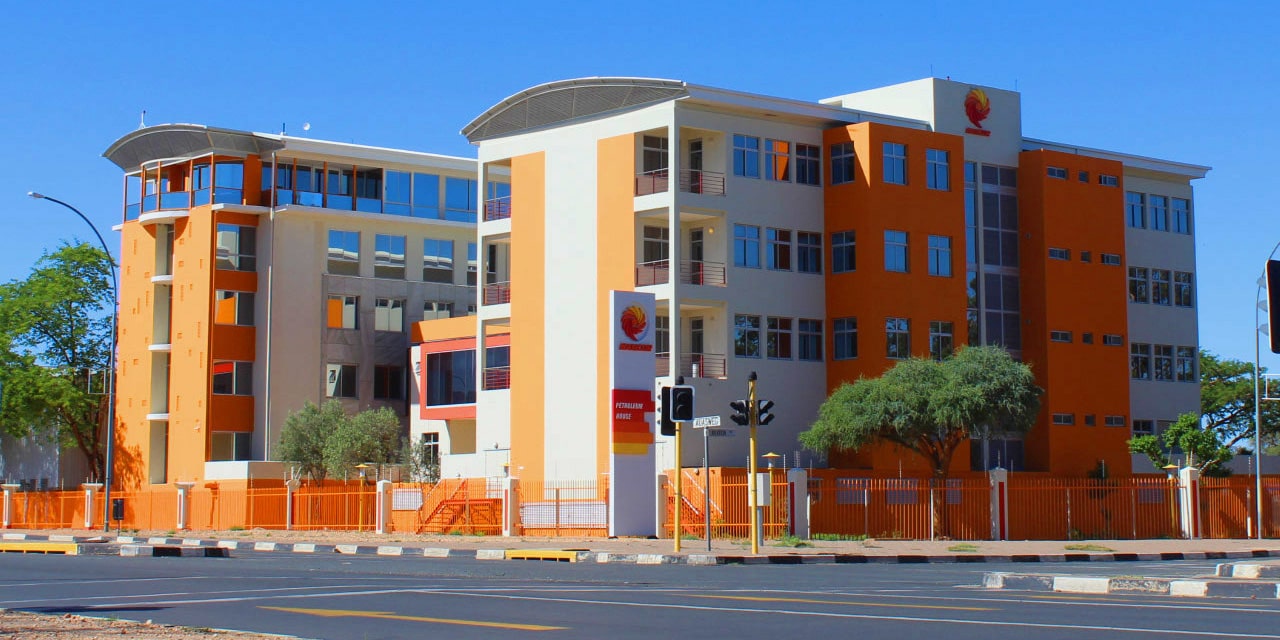Martin Endjala
Jennifer Comalie, the Chairperson of the National Petroleum Corporation Company (Namcor) Board, has attributed the N$700 million losses incurred by the company during the 2022 financial year to breaches of its internal control and governance system, as well as market volatility.
Comalie stated that the findings of the investigative report point to internal procedural irregularities within the company, and the board is actively addressing the matter to hold those responsible accountable.
She made these remarks during a media briefing on the company’s announcement of its turnaround strategy, aimed at positioning the state-owned entity toward sustainability.
The board is currently reviewing the investigative findings and is discussing how to address the situation.
Comalie assured the public that information about who is involved and the consequences they will face will be announced soon.
“I can assure you that the board is working on that part right now to make sure that those involved are held accountable, because this is a public entity, and it is our responsibility to ensure that people working with public funds are accountable. If there has been a breach of control, they will be held accountable,” she affirmed.
During the same briefing, Namcor’s Acting Managing Director, Shiwana Ndeunyema, revealed that the company’s revenue for the 2022 financial year amounted to N$7 billion, while its credit book decreased from N$2.5 billion in the previous year to N$1.9 billion.
Ndeunyema explained that Namcor has entered the retail market by establishing filling stations across the country to achieve self-sustainability and reduce dependence on the fuel levy that has sustained the company in the absence of which Namcor would not exist.
He outlined the company’s three key strategies, including acquiring access to oil production in a politically stable jurisdiction like Angola, delivering a profitable downstream business, and adapting to a changing market environment.
Ndeunyema acknowledged that 2022 was a challenging year for Namcor, particularly due to the impact of the COVID-19 pandemic and fluctuating market prices.
He also mentioned that the company faced challenges when venturing into international markets in 2019, and the returns were not favourable.
He attributed this to the lack of an internal control environment to respond to external shocks, especially in procuring products from the international market.
The volatility resulting from geopolitical conflicts, such as the war between Ukraine and Russia, disrupted supply chains and led to fixed prices rather than market-based pricing.
“Ordinarily, when you procure products from the international market, you need some sort of trading disk or hedging instruments to be able to absorb that shock. In the absence of that, you need what we refer to as a term deal over a specific period of time with a supplier, and your market prices accredit to BFP,” he explained.




